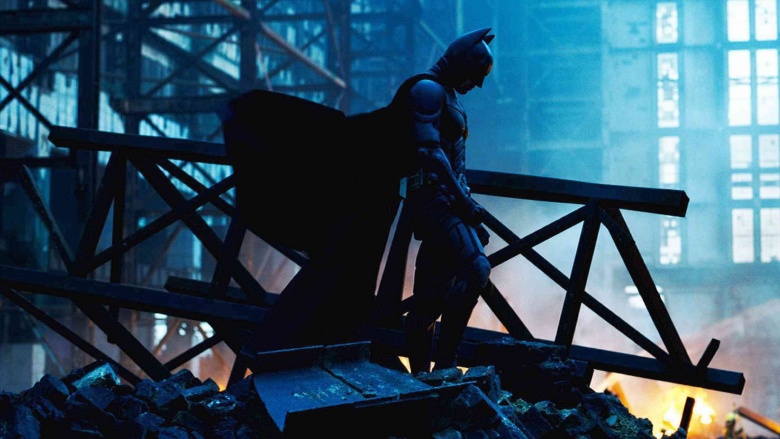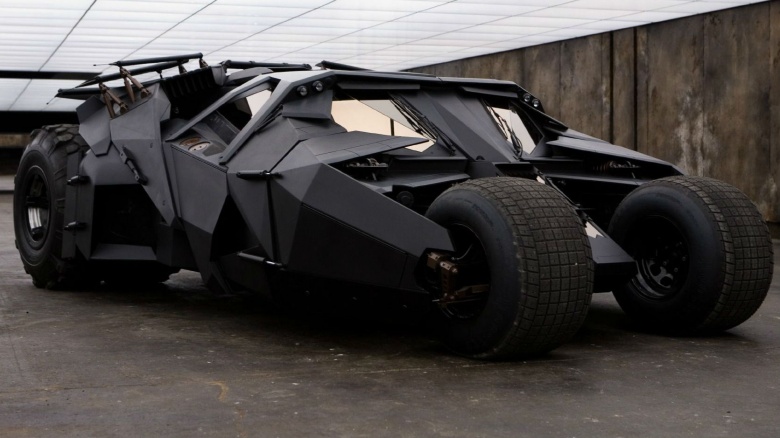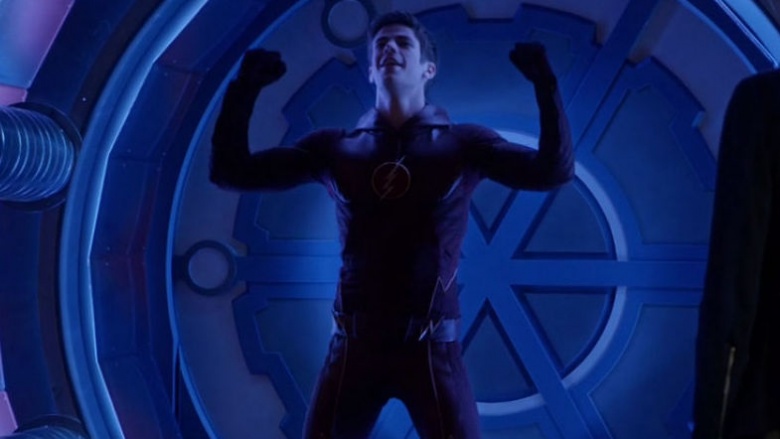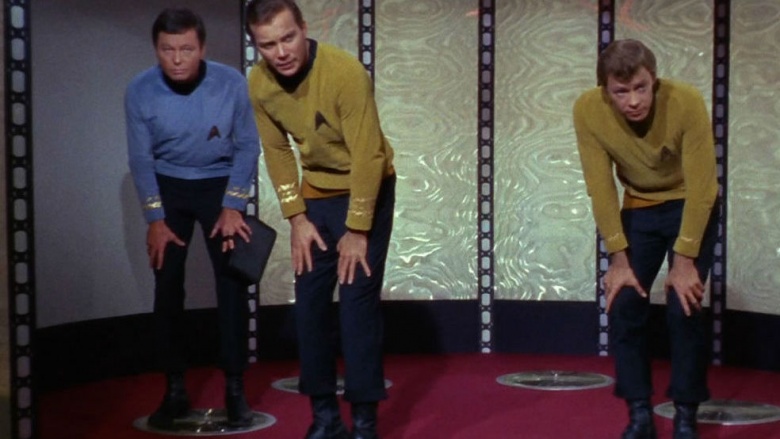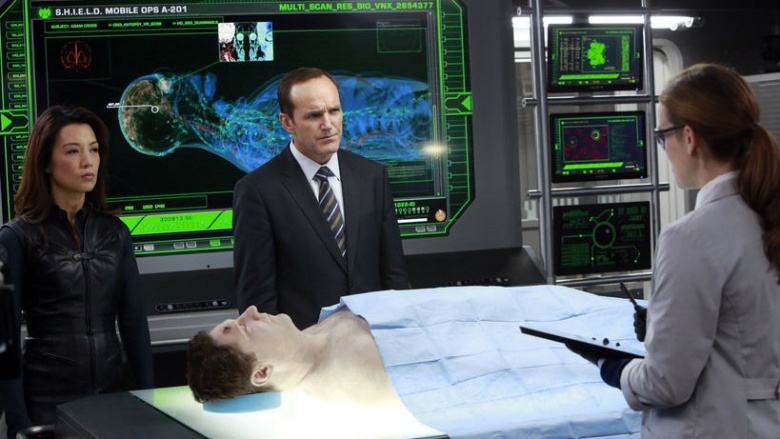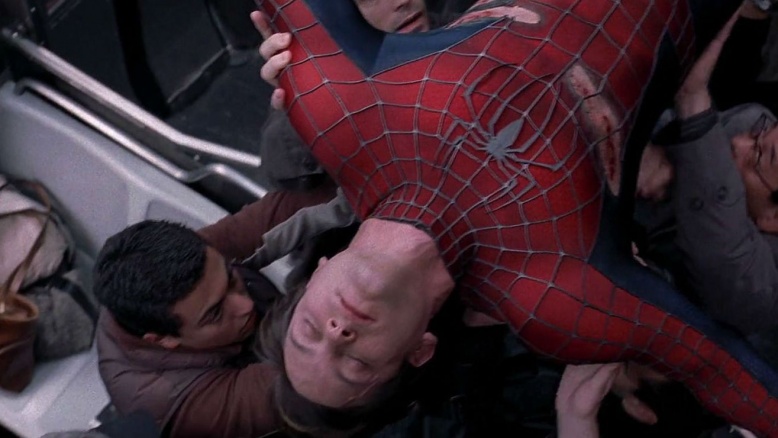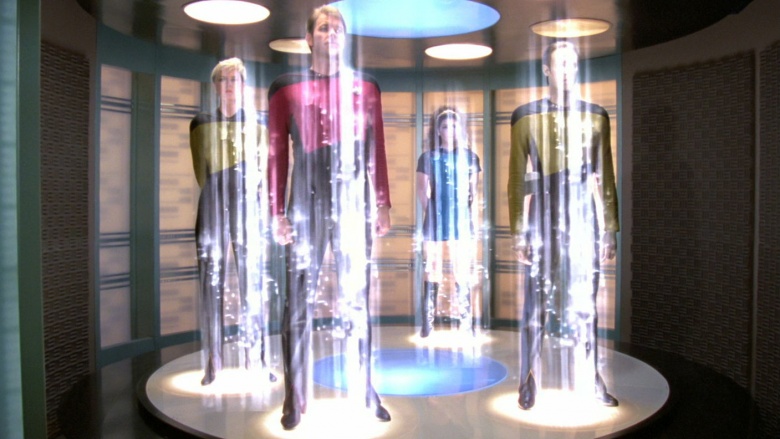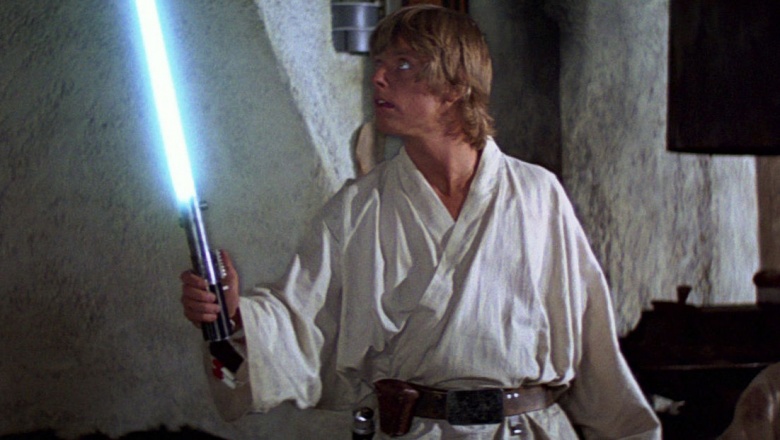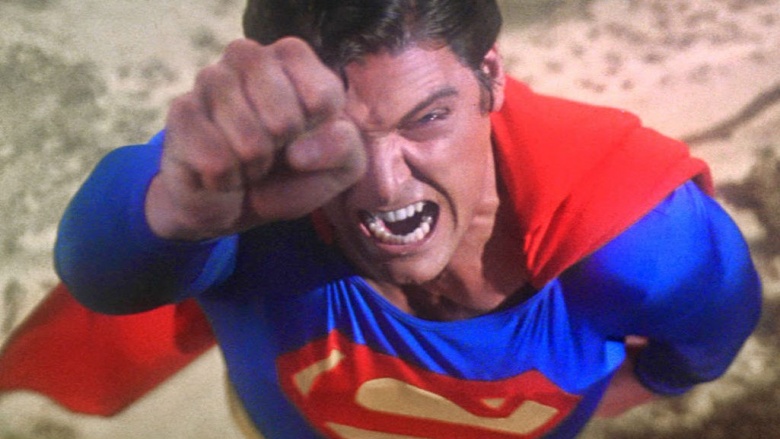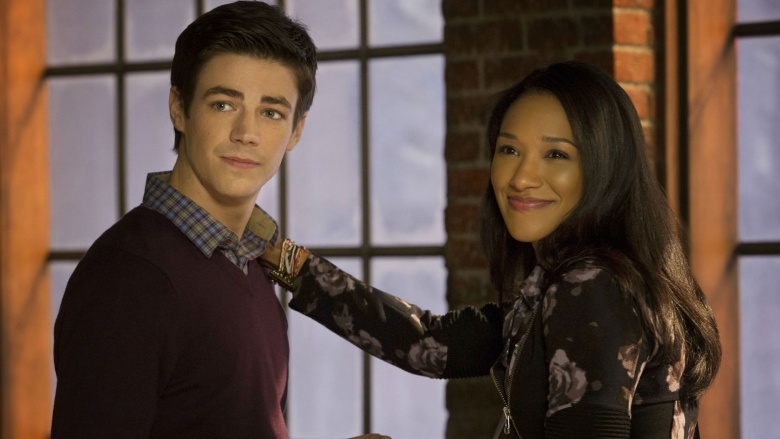Dumb Things We Can't Ignore In These Shows And Movies
The Dark Knight is one of the most perfect superhero movies ever made. There's also one teensy bit in the middle when Batman uses Gotham City's cell phones to track the Joker, and Lucius Fox lectures his boss on why "no one should have that much power." It's a not-so-subtle dig at real-world politics of the day. What's worse, Batman uses the tech to save the day, then destroys it, both reinforcing and negating the argument in the first place. Why make political hay out of something and not bother to follow through?
The Batmobile In The Nolan Bat Trilogy
Batman is supposed to drive a cool car. Batman is also a stealthy ninja dude. Somehow, the Nolan trilogy dismisses both these concepts and just sticks him in a building-crushing tank.
The Flash Keeps Villains In A Super-Secret Jail
After trouncing each villain-of-the-week, the Flash and his pals keep defeated foes in a superpower-proof villain prison—that no one knows about. That's highly dubious in terms of morals and ethics, and also makes the cops in Central City seem really stupid. They never wonder where each week's monstrous villain has gone. The show brought this prison up once, but it's kind of a huge problem.
We geeks love some movies and shows in spite of their flaws—and sometimes because of them. But there are plenty of truly dumb parts that no one seems to mention, or at least not nearly as often as they deserve. Here are just a few of many of the dumbest parts in some of our favorite geeky movies and TV shows.
How Does SHIELD Get Its Funding?
Agents of SHIELD is a pretty decent—if not amazing—comic-inspired TV show that seems to be getting better as time goes on. But there's at least one huge problem with the entire premise of the show: how does SHIELD pay the bills? It's less of an issue in season one, but after Captain America: Winter Soldier, the agency is reduced to rubble, and the cast of the show operates underground. So how do they fuel their planes? Keep the lights on? Pay their agents? Do they have dental coverage? Who is funding SHIELD's activities—and why is this never mentioned? It seems like kind of an important detail.
The Religious Savior Impression In 'Spider-Man 2'
There's a lot of epic, exciting action in Sam Raimi's second Spidey movie. Probably the most memorable bit comes towards the end, when Spider-Man saves a whole trainload of people from careening off the track to a fiery doom. But once he saves the train, it's tough to take the movie seriously—Spider-Man is gently passed from person to person in an oddly religious pose. Listen, Spidey's cool and all, but he's not fighting the devil. He's fighting a dude named Doctor Octopus. Let's check our Bible allusions at the door, okay?
The Transporters In 'Star Trek'
One of Star Trek's most iconic technological marvels is the transporter, a system the producers thought up to avoid using the not-yet-built shuttlecraft model during the show's early episodes back in the 1960s. But how come you don't need transporter pads on both sides of the beam-in and beam-out sites? By the time The Next Generation rolled around, characters were being beamed from the bridge to sickbay with no pads at all. So then what's the point of the transporter room? Star Trek: Into Darkness compounded the problem with Khan's personal transporter, which zapped him all the way to Qo'nos from Earth. Why even use ships if you can do that?
Luke And Leia's Terrible Job Of Hiding In 'Star Wars'
It's pretty easy to bash on the prequel trilogy, so for the purpose of this entry, let's forget it ever existed. Even the original trilogy managed to completely screw up this idea that Luke and Leia were supposed to be hidden from their father, Darth Vader. For starters, Luke has his father's last name. Even people in the witness protection program get new names. Then Leia goes to live with a Galactic Senator and is allowed to get involved with politics—which eventually puts her in conflict with Darth Vader directly. Again—no one thought that was a bad idea? It just goes to show you that the prequels were a natural outgrowth of the wealth of stupidity already alive and well in the original trilogy.
Superman Reversing Time
The original Superman flick from Richard Donner is a classic, and for good reason. For all its flaws, there has never been a better depiction of Superman before or since, and it's impossible not to use it as the model for all future movies featuring the character to come. But man—when Superman spins around the Earth so fast that it starts reversing its rotation and actually turns back time...that's just too stupid to deal with. As bad as Man of Steel was, at least Henry Cavil's Superman didn't mess with the fourth dimension.
The Flash Wants To Date His Sister
The Flash TV show on the CW is a ton of comic book inspired fun, and there's a lot to love about it. It stays true to the spirit and canon of the comics in some ways, and makes logical departures from the source material in other ways. But when it comes to Barry's feelings for his comic book love interest, Iris West, the show really dropped the ball. That's because in the world of the series, Barry grew up as an adopted brother of Iris. So, like, he's had the hots for his sister for over ten years. This is gross and creepy and weird, and also completely unnecessary.
